At the Intersection of Data Literacy & Design Thinking
/Design thinking is an approach made famous by IDEO and Stanford’s d.school. The premise is everyone is creative and that the human should be at the center of design. It aims to provide a framework to design things that are desirable, feasible, and viable. The design thinking approach is a six-step process of framing a question, gathering inspiration, generating ideas, making ideas tangible, testing to learn, and sharing the story. Going through this process can be linear but often isn’t.
Now ask are data fluency and design thinking similar? The answer is definitively yes! Design thinking is a mentality of framing problems, generating ideas, testing ideas and telling stories. Data fluency stresses a similar process. Further, when determining desirable, feasible, and viable you certainly need to understand what the data indicates. Additionally, data fluency is always focused on the pain of people whether internal or external customers just like design thinking has the human in the center and their pain and needs.
The other thing design thinking and data fluency have in common is they are both geared at democratizing out their practices to everyone. Design thinking aims to put design in the hands of everyone while data fluency aims to put data science in the hands of everyone. This of course brings about fear by some in respective professions but it really brings about opportunity for all. This practice democratization solidifies importance and adoption. There will always be a place for those specially skilled in the respective design and data science arts, but it is time for basic practices and understandings of both to be adopted by all.
If you are a data person but looking to learn about design thinking and human-centered design pioneered at IDEO. Or, if up to the challenge take the 90-minute virtual design thinking crash course at d.school. In a future post we will go into how design thinking practices can be used in data fluency when we discuss the Data Value Cycle.



